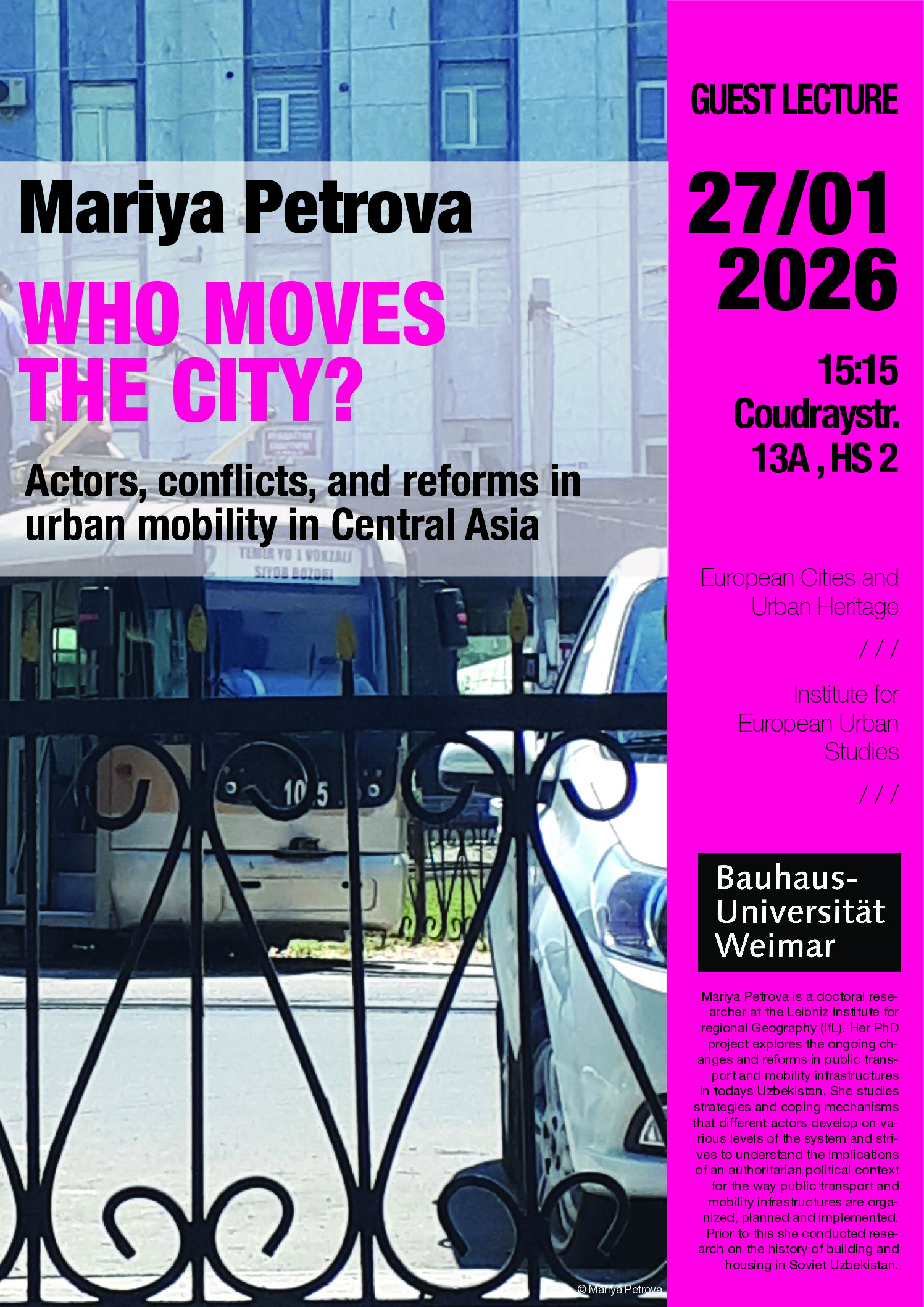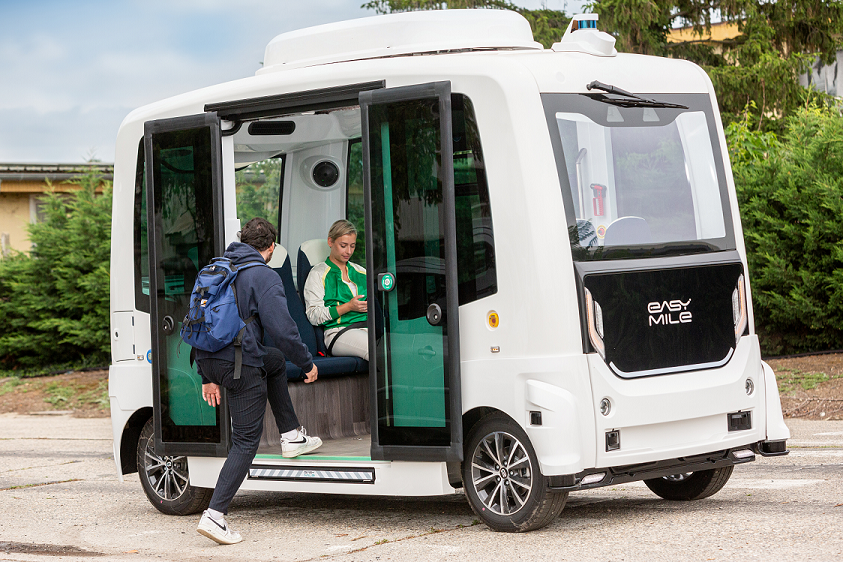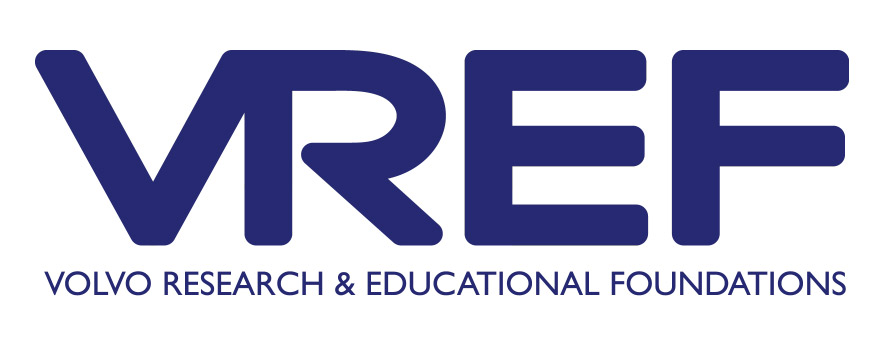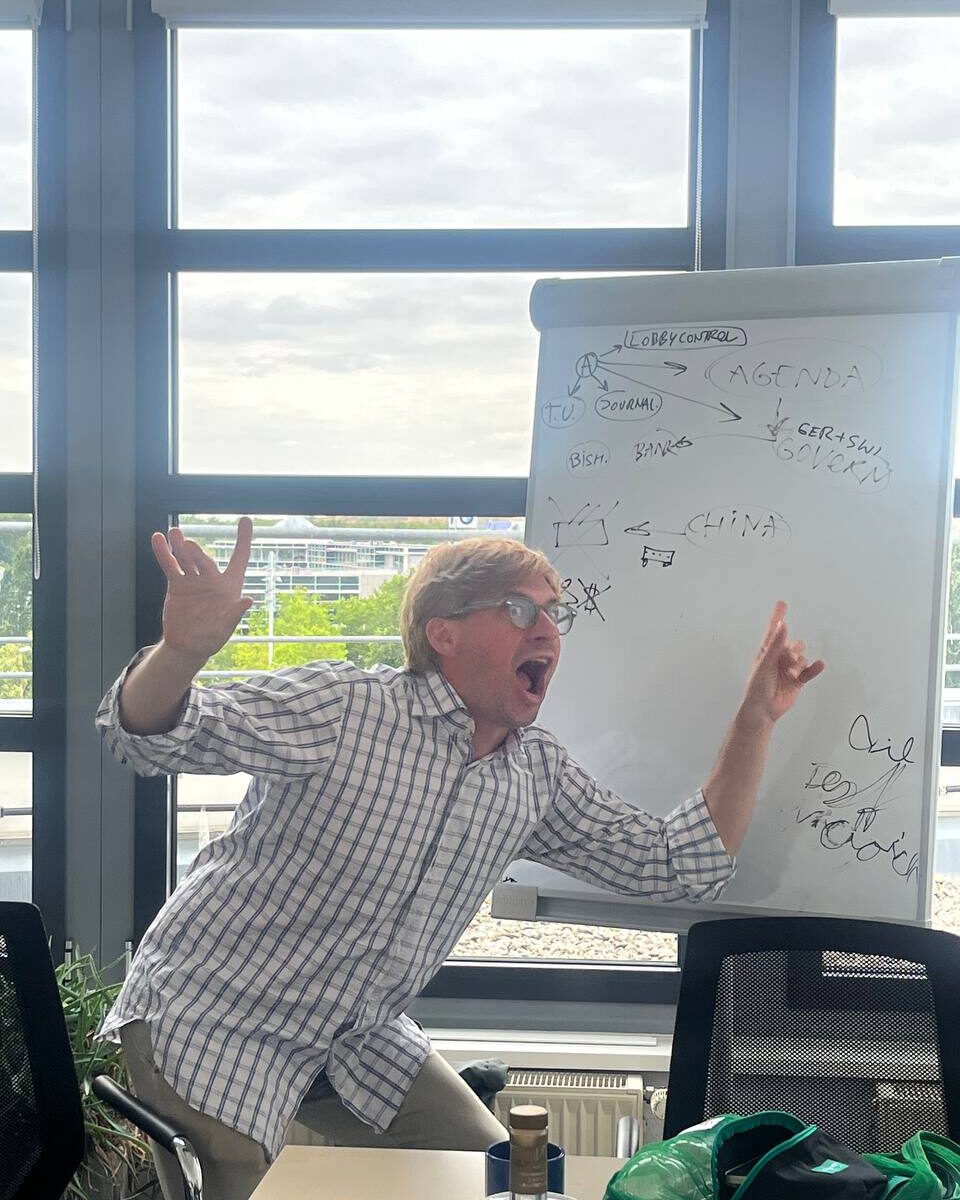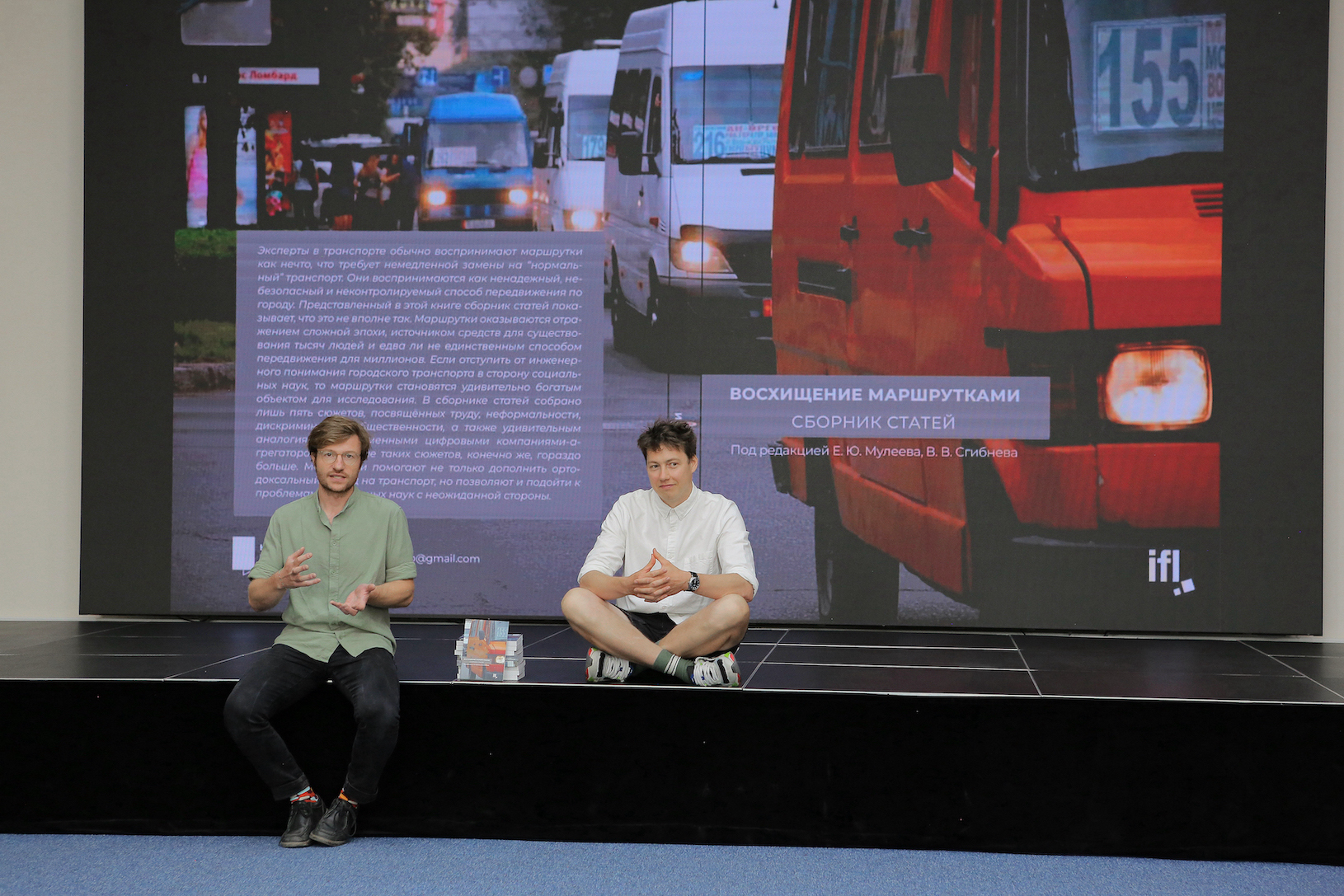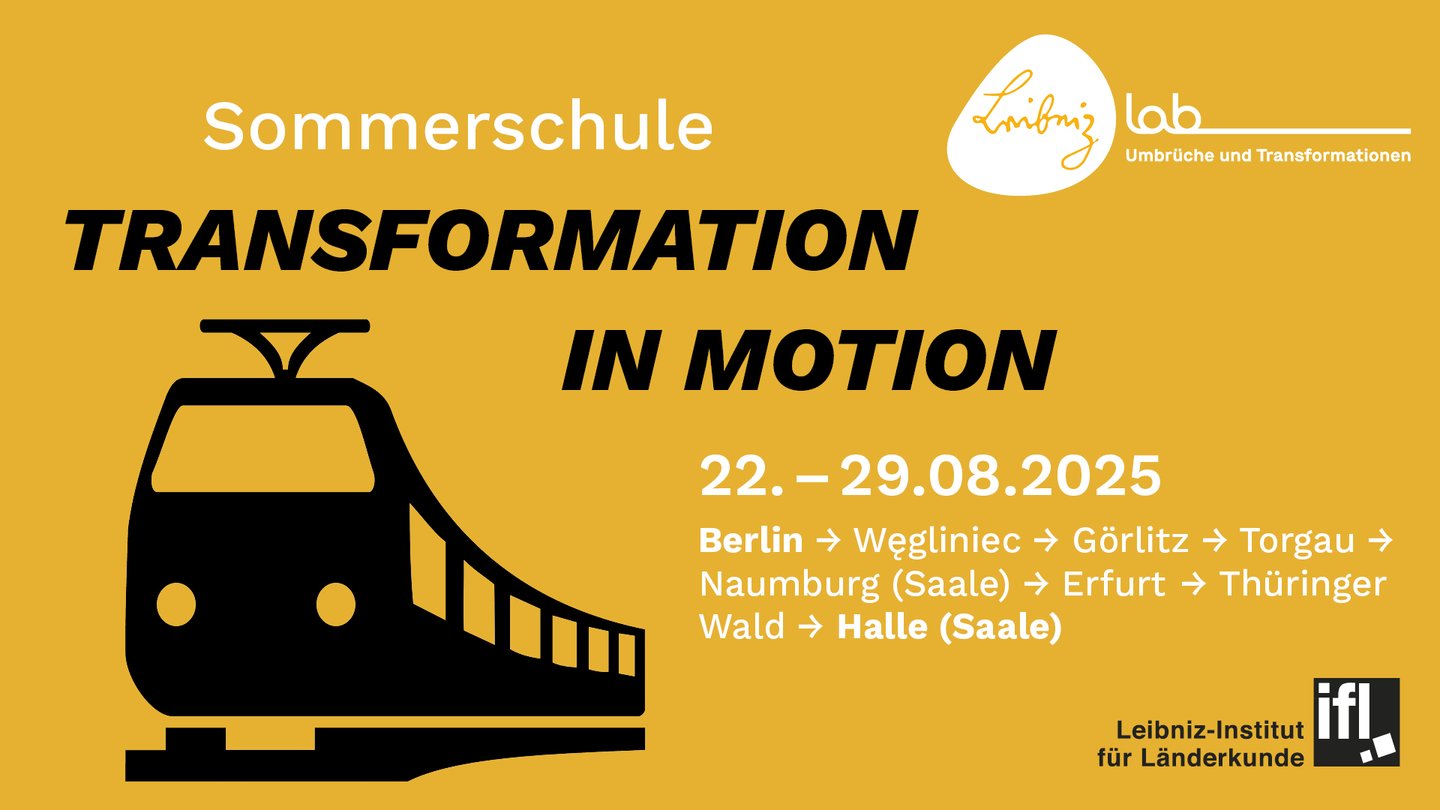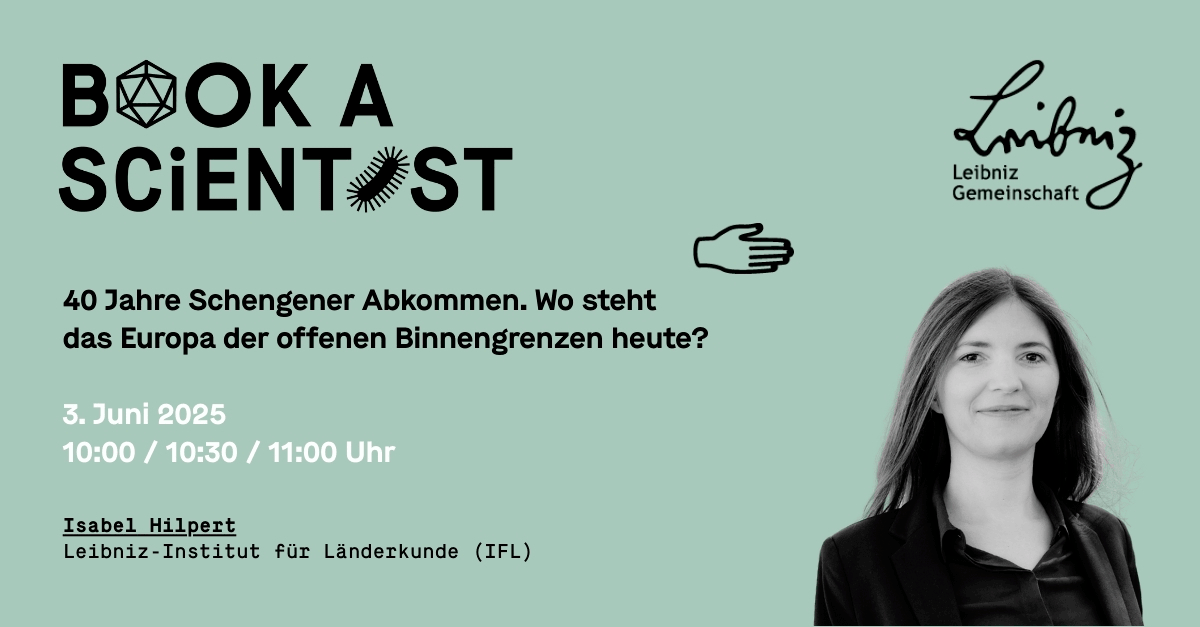At “Book a Scientist” on 3 June 2025, anyone who is curious and thirsty for knowledge will have the opportunity to talk to an expert from the Leibniz Association for 25 minutes and ask everything they have always wanted to know about their favourite topic.
You can now book your discussion with a Leibniz scientist. To do so, click on one or more dates of your choice on the event website and fill in the corresponding booking form. The individual, 25-minute one-to-one meetings will take place online on 3 June 2025 between 10 and 11 am and 4 and 5 pm. The offer is free of charge.
All topics and dates can be found here:
https://www.leibniz-gemeinschaft.de/ueber-uns/neues/veranstaltungen/book-a-scientist
Mariya Petrova
Transport reforms in Uzbekistan: a view from the inside
After years of cuts and stagnation, Uzbekistan has recently started investing in the modernisation of public transport and mobility infrastructure in general. However, the process is characterised by complex social and political conflicts and hurdles: Shortage of skilled labour, authoritarian political culture, the (vested) interests of decision-makers. What are the perspectives of the people working at the various levels of the system
Mariya Petrova is a researcher in the Mobilities & Migration research group focussing on infrastructures in the (post-)Soviet space.
Dr. Wladimir Sgibnev
Mobility in rural areas: perspectives and strategies for coping with everyday life
Everyday mobility in peripheral areas requires solutions that go beyond “urban” concepts. The widespread unease of being dependent on one’s own car is an important signal for discussions on the mobility turnaround. What seems realistic is a mix of local supply, coordinated or on-demand public transport services and – in the medium term – probably also the car.
Dr Wladimir Sgibnev coordinates the IfL research group ‘Mobilities and Migration’ and deals with issues of mobility in peripheral areas, among other things.

